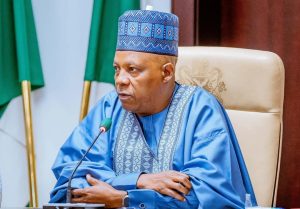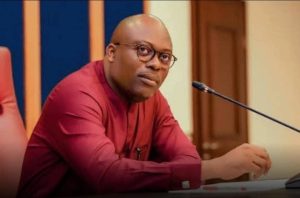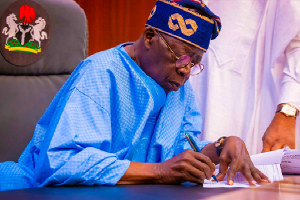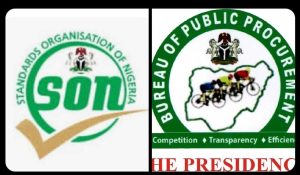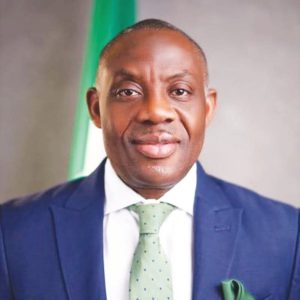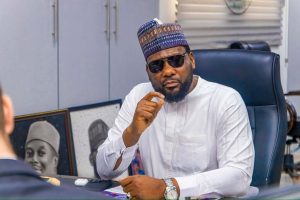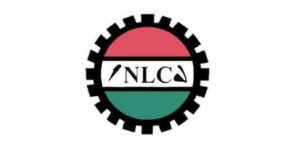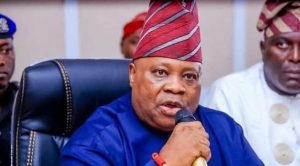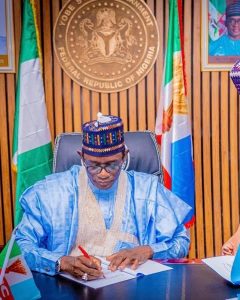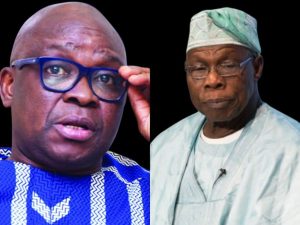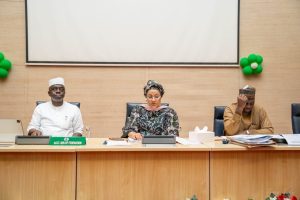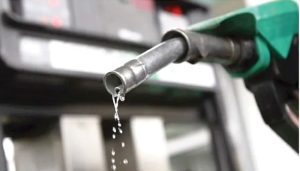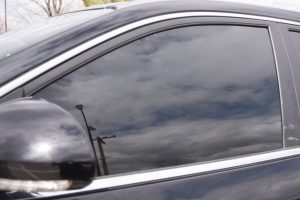By Damilare Adeleye
Reno Omokri, former presidential spokesperson to ex-president Goodluck Jonathan has slammed Nigerians for demanding ‘too much often’ from the government “at the expense of the country”.

The social media commentator who remarked that Nigeria’s biggest challenge to progress is not corruption, tribalism, insecurity or inflation, claimed that entitlement mentality of the masses is responsible for the current state of country.
Omokri made this remark via a piece posted on his social media platforms on Monday in commemoration of Nigeria’s 64th Independence anniversary.
While stating that governments around the world do not necessarily provide essential services to their citizens, Omokri said Nigerian government provide the basics for the people.
He also lamented that despite that only fewer than 8% of Nigerians pay income taxes, many citizens still want the government to provide necessary infrastructures and subsidies.
According to his words: “The biggest challenge to Nigeria’s progress as a nation is not corruption, tribalism, terrorism, inflation or even the removal of fuel subsidy. It is our entitlement. The government did not do this. The government did not do that. I wish every Nigerian could travel the world. There is nothing like government airports, hospitals, schools, or markets in these nations we want to japa to.
“Governments in Europe, America and Canada do not go into business or provide many of the services the Nigerian government provides for the Nigerian people. Hospitals are built, owned and operated by the private sector. Ditto for hospitals, universities, airports, power stations, transmission lines, and sometimes even roads.
“59.9% of Americans pay taxes, and their tax money is mostly used to fund the government and the military. I challenge you to find one government-owned hospital in America for civilians. Even their postal services are run by the private sector. When you hear British Telecommunications, British Gas, British Aerospace, British Energy and British Airways, none of them are owned by the British government. When you hear Bank of America, American Airlines, and American Electric Power Company, these are all private companies. The most profitable business run by the U.S. government is the U.S. military. Almost every other thing they leave for the private sector.
“Please fact-check me: If you earn €58.597 in Germany, you will pay 42% of your income or €24,610 as taxes. There will be riots if you ask Nigerians to pay this level of tax. But we want a German level of delivery from our government. So, where will the money to run Nigeria come from?
“In 1960, Nigeria could afford that because our population was 45 million, and we needed to raise an educated class speedily. By 1970, we could still afford it, and we did provide it, because our population was just approaching 50 million, and we still had a shortage of qualified persons.
“But this was no longer practicable by the 1990s when our population topped 120 million. And how when we are twice that, at 220 million, it would be ruinous.
“Britain went through these stages, and Mrs. Thatcher was forced to end birthright citizenship, introduce council tax, and privatise every government-owned business, including giants like British Telecom, British Gas, British Energy, British Aerospace, and British Airways.
“Fewer than 8% of Nigerians actually pay income taxes, yet we want the government to build schools, hospitals, power stations, transmission lines, railways, airports, stadia, etc. Then, after doing these, the government should still have money left over to subsidise fuel and power and give palliatives to Nigerians, or we will protest their alleged mismanagement and corruption. Even insecurity stems from this issue. We need about five million soldiers and security officers to effectively secure Nigerians, but we have less than two million. We need at least three million more soldiers, policemen, airmen, etc. But when only about 6% of us pay taxes, where will the money to pay them come from?
“Nigerians are the main problem of Nigeria. You will hear them say, but we have oil. Saudi Arabia has a population of 35 million and makes $350 billion annually from oil. That is $10,000 per citizen. Nigeria has a population of 220 million people and generates approximately $36 billion from crude annually. That is $150 per person. At 2.6 million people, Qatar is just one per cent of our population. Yet, their annual revenue is $68 billion. Two and a half times that of Nigeria. Nigeria is not “oil rich”. We are oil-poor. On a per capita basis, Ghana is more oil-rich than we are. We produce 1.5 million barrels per day for a population of 220 million people. Ghana produces 200,000 barrels per day for a population of 32 million.
“So, when Nigerians hardly pay taxes and our oil and gas revenue is insufficient to meet the demands of running our country, we are forced to borrow or print money, which means that inflation will increase. And under this situation, we cannot afford to artificially reduce the price of fuel by paying subsidy. We will go bankrupt. Therefore, as much as this annoys you, the only options are to allow market forces to control the fuel price, just as it does other commodities, or we must be prepared to pay higher taxes.
“Failing that, Nigeria will continue to borrow or print more money, fueling inflation and increasing commodity prices.
“Protests and riots cannot change these economic realities. They will be just like a child’s tantrum when his parents cannot afford to buy him a toy. Nigerians want to live at the state’s expense, forgetting that the state has to live at the expense of the people or it will collapse, as the Soviet Union did in 1991.”






